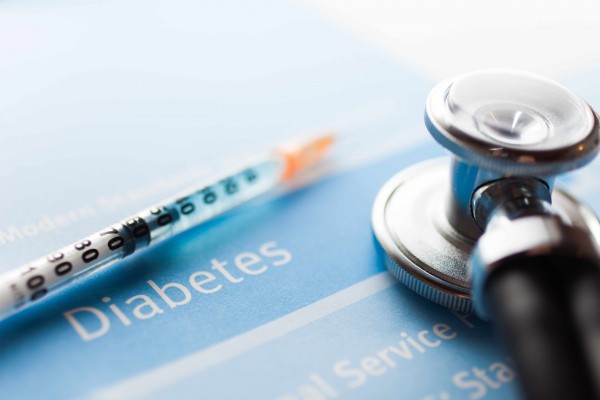The World Health Organisation (WHO) says 500 million people globally may develop heart disease and diabetes between 2020 and 2030 due to inactivity.
According to the WHO’s global status report on physical activity 2022, published on Wednesday, data from 194 countries show that less than 50 percent of countries have a national physical activity policy, of which less than 40 percent are operational.
It added that although nearly all countries report a system for monitoring physical activity in adults, 75 percent of countries monitor physical activity among adolescents, and less than 30 percent monitor physical activity in children under five years.
“Almost 500 million people will develop heart disease, obesity, diabetes or other noncommunicable diseases (NCDs) attributable to physical inactivity, between 2020 and 2030, costing US$ 27 billion annually, if governments don’t take urgent action to encourage more physical activity among their populations,” the report reads.
Advertisement
“In policy areas that could encourage active and sustainable transport, only just over 40% of countries have road design standards that make walking and cycling safer.
“Whilst national policies to tackle NCDs and physical inactivity have increased in recent years, currently 28% of policies are reported to be not funded or implemented.
“Considered a “best buy” for motivating populations to combat NCDs, the report showed that only just over 50% of countries ran a national communications campaign, or organised mass participation physical activity events in the last two years.
Advertisement
“The COVID-19 pandemic has not only stalled these initiatives, but it also affected other policy implementation which has widened inequities in access to and, opportunities for, engaging in physical activity for many communities.”
Reacting to the report, Tedros Ghebreyesus, WHO director-general, said countries need to scale up implementation of policies to support people to be more active through walking, cycling, sports, and other physical activity.
“The benefits are huge, not only for the physical and mental health of individuals, but also for societies, environments, and economies. We hope countries and partners will use this report to build more active, healthier, and fairer societies for all,” he added.
Advertisement
Add a comment






